
High blood pressure, or hypertension, is a major health issue in older adults, especially among those with obesity. The condition greatly raises the risk of heart disease, stroke, and other chronic diseases. Controlling the blood pressure condition is one of the priorities to enhance quality of life and diminish complications among the elderly population. Recently, however, research has come up with a promising ally in this fight: vitamin D supplements. Vitamin D supplementation was found by researchers to improve blood pressure in the elderly afflicted with obesity, thereby opening a possible new route for the management of cardiovascular health.
This blog explores the role of vitamin D in the body, how it impacts blood pressure, and what this groundbreaking study reveals. We’ll also discuss practical advice for incorporating vitamin D supplements into a healthy lifestyle.
Understanding Vitamin D: More Than Just a Bone Booster
Vitamin D is a fat-soluble vitamin that has a critical role to play in many different bodily functions. While it does have a reputation for its support of bone health through enhancing the absorption of calcium in the body, vitamin D also impacts immune function, influencing everything from enhancing the body’s ability to fight infections to regulating cell production and repair, to even reducing inflammation, which is a common trait among chronic diseases.
Vitamin D is synthesized in skin following direct exposure to sunlight but is also available from foods and supplements. Insufficient amounts of this critical vitamin have been reported in many individuals, especially in older adults.
Vitamin D and Its Relationship to Hypertension
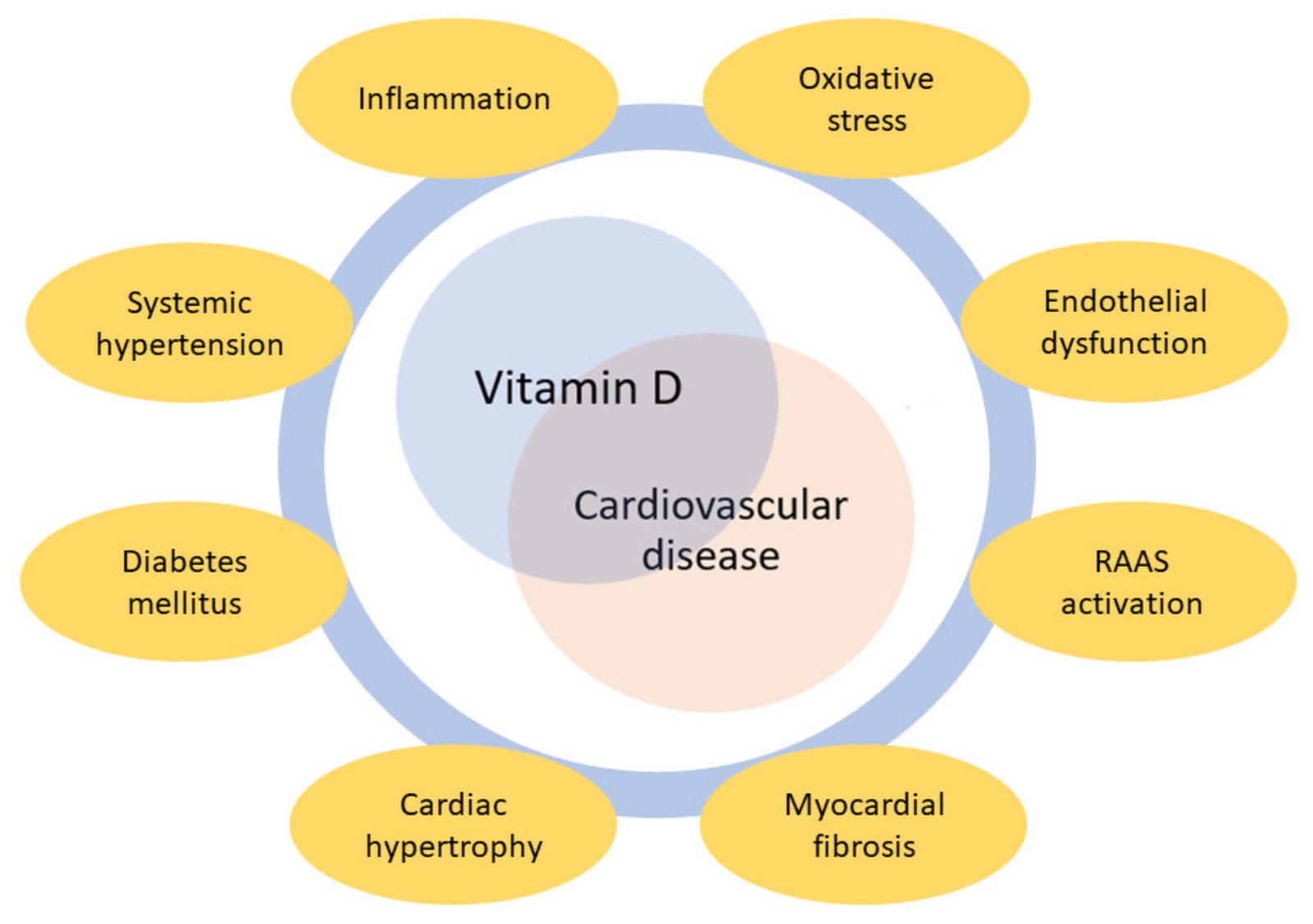
Recent data have implicated a possible role of vitamin D in blood pressure maintenance. Vitamin D has a regulatory role on the renin-angiotensin-aldosterone system, a hormone system that plays a critical role in maintaining blood pressure. In a state of low vitamin D levels, this system gets overactive and may cause elevation of blood pressure.
Further, vitamin D has an effect on blood vessels, in that it decreases blood vessel stiffness while increasing their dilating properties. In this way, circulation of blood will be greatly improved, reducing workload on the heart.
These mechanisms are of particular relevance to the obese elderly. The condition of obesity is associated with chronic inflammation, insulin resistance, and arterial stiffness—all these factors contributing to hypertension. By alleviating a deficiency in vitamin D, supplements may act against the background of such mechanisms, ensuring a healthier pattern of cardiovascular functioning.
What the Study Found
The new study targeted older adults with obesity, one of the leading populations that have a highly vulnerable tendency for vitamin D deficiency and hypertension. Participants were administered supplements of vitamin D over a measured period, following which their blood pressure and vascular health were noted.
Key Findings:
Decreased Blood Pressure: Included subjects showed significant reduction in both systolic (the top number) and diastolic (the bottom number) pressure of blood.
Improved arterial health was noted, with arterial stiffness lowered to allow blood to flow with ease and reduce the workload on the heart. Overall vascular function improved with the administration of Vitamin D, as endothelial function is considered important in the modulation of blood pressure and prevention of cardiovascular events.
These changes are all the more encouraging, since the options for the management of hypertension in older obese individuals are limited except for lifestyle changes and medication.
Why Older Adults with Obesity Are More Susceptible to Vitamin D Deficiency
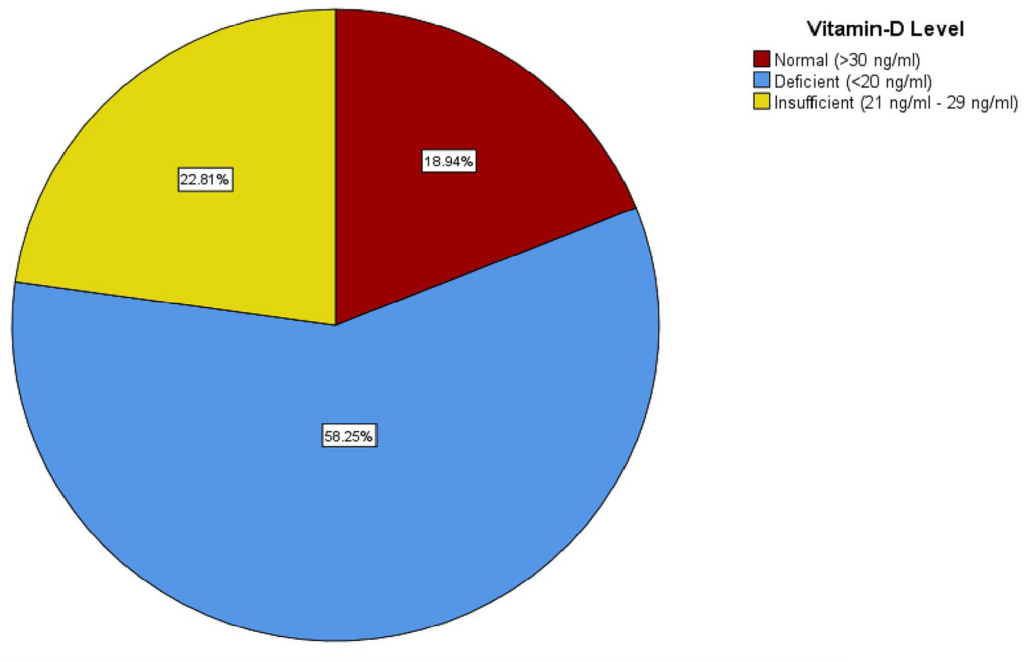
There are many reasons why obese older adults may be more at risk of vitamin D deficiency:
Limited Sun Exposure:
As people age, their skin produces decreasing amounts of vitamin D when exposed to sunlight; furthermore, they may have limited mobility and spend less time outside because of obesity problems.
Fat Storage:
Vitamin D is stored in the fat tissue, and in obese individuals, it may be “trapped” and less bioavailable for use by the body. Dietary Insufficiency: The diets of older adults may be limited in foods rich in vitamin D, such as fatty fish, egg yolks, and fortified products. These elements lead to a “perfect storm” of conditions that make supplementation at times quite necessary in order to maintain appropriate levels.
Practical Advice for Incorporating Vitamin D
If you’re considering vitamin D supplements to help manage blood pressure, here’s how to get started:
1. Talk to Your Doctor
Before starting any supplement, consult a healthcare provider to determine the right dosage for your needs. Excessive vitamin D intake can lead to side effects, including calcium buildup in the blood.
2. Choose the Right Form
Vitamin D comes in two forms: D2 (ergocalciferol) and D3 (cholecalciferol). D3 is more effective at raising and maintaining vitamin D levels in the body.
3. Monitor Your Levels
A simple blood test can measure your vitamin D levels and help track progress over time.
4. Combine with a Healthy Lifestyle
Supplements work best when combined with other healthy habits:
Diet:
Include foods rich in vitamin D, like salmon, mackerel, and fortified milk or cereals.
Exercise:
Regular physical activity improves blood pressure and overall cardiovascular health.
Stress Management:
Practice mindfulness or relaxation techniques to lower stress, which can impact blood pressure.
Are Vitamin D Supplements a Cure-All for Hypertension?
While the findings of the study are encouraging, one must bear in mind that vitamin D is not a single panacea for hypertension. The management of high blood pressure is a multifaceted approach, including a good diet, proper exercise, and stress management, and medication, for some cases.
Vitamin D supplements make an added treasure to this toolbox, especially in older adults with obesity, where achieving levels from sun exposure and diet alone might be daunting.
Final Thoughts
The finding that vitamin D supplementation may reduce blood pressure in obese older adults could be a game-changer for research into cardiovascular health. It indicates that great attention needs to be paid to vitamin D deficiency among those at high risk and opens up avenues toward the development of new strategies to manage hypertension.
If you or a loved one is battling high blood pressure and obesity, speak to your doctor about testing for vitamin D deficiency and supplementing it, if that would be beneficial. The little things, like adding a vitamin D supplement each day, can sometimes make a world of difference in the grand scheme of life.
By giving attention to an approach toward health in a more holistic manner, you may be able to take proactive steps toward a stronger, healthier future.

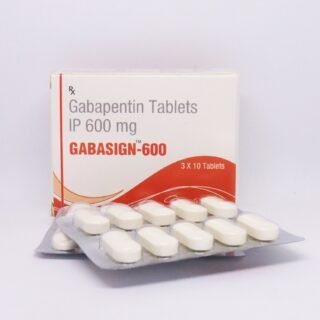
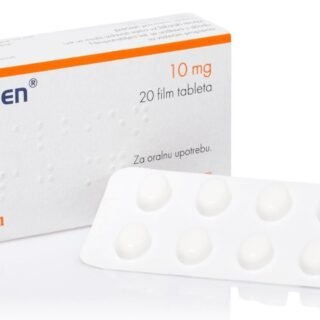
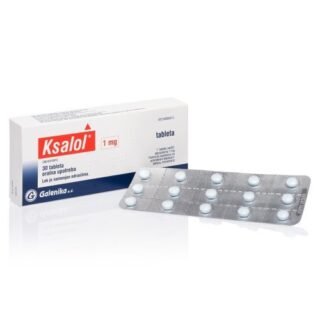
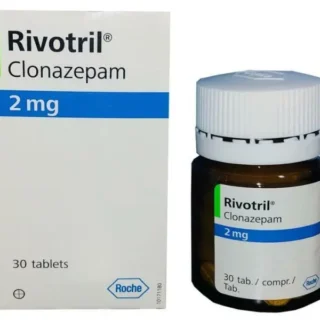
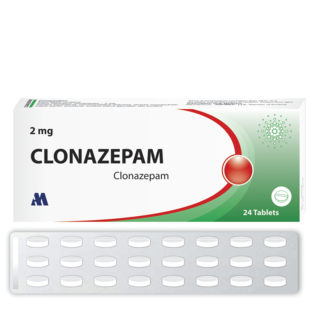
Leave a Reply